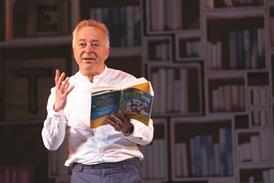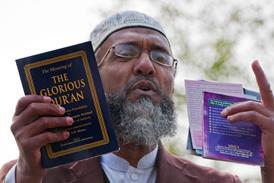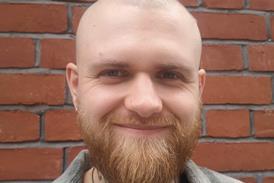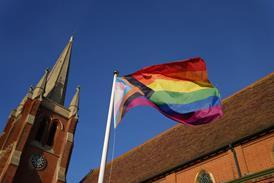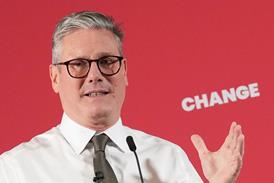Anti-Bullying Week: Why I teach children the power of words
By  Kate Jane Neal2021-10-25T11:16:00
Kate Jane Neal2021-10-25T11:16:00

Ahead of anti-bullying week, which this year has the theme One Kind Word, Kate Jane Neal explains why she created a series of resources which teach children their worth as human beings
To continue reading, register now for more access!
Register FREE or SIGN IN HERE if you are a subscriber, a registered user, or if you already have a login for another Premier website

It only takes a minute to sign up for a free account and unlock these benefits:
- Access to more articles every month
- Bookmark pages to return to or share
- Add your comments
Want more? Subscribe today and get UNLIMITED ACCESS!
Get more free content register today or sign in now
Related articles
-
 Opinion
OpinionPeople in the Bible struggled with mental health, we need to stand with our young people when they do
2022-02-10T14:36:00Z By Tim Farron MP
More young people than ever are suffering with poor mental health, and services are badly underfunded. This children’s mental health week, Tim Farron MP says our churches need to support, campaign and love
-
 Regular Columnists
Regular ColumnistsWant your kids to follow Jesus? You’ve got to walk the walk
2024-10-22T18:00:00Z By Chine McDonald
If you want to pass on faith, it needs to be actions, not just words, says Chine McDonald
-
 Opinion
Opinion5 ways you can put God’s kingdom before your political tribe
2024-10-15T10:28:00Z By Alex Smith
Whether you’re Labour or Conservative, Democrat or Republican, God calls you to put his kingdom ahead of your political tribe. But how? Alex Smith of Christians in Politics shares his tips
- Issues
- Topics A-Z
- Writers A-Z
- © 2024 Premier Christianity
Site powered by Webvision Cloud


